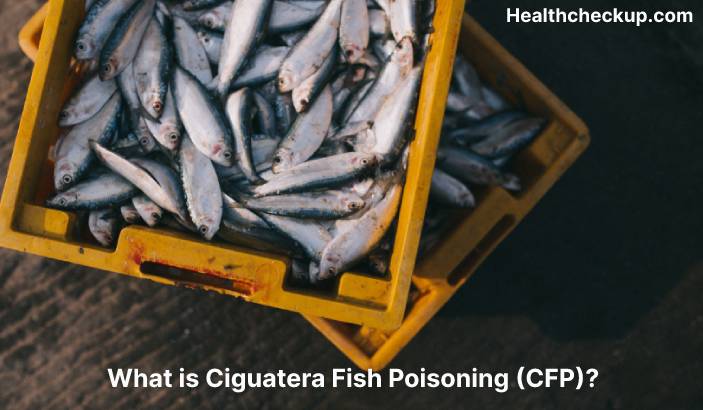Ciguatera fish poisoning (CFP) is a type of food poisoning caused by consuming certain types of contaminated fish. The contamination is caused by toxins produced by certain types of algae that can accumulate in the flesh of the fish. In this article, we will explore the symptoms, diagnosis, treatment, and prevention of CFP.
Symptoms of CFP
Symptoms of CFP typically appear within a few hours to a few days after consuming contaminated fish and include:
- Nausea and vomiting
- Diarrhea
- Abdominal cramps
- Fever
- Headache
- Rash
- Weakness
- Muscle aches
- Changes in temperature perception (e.g., feeling hot or cold objects as the opposite temperature)
Symptoms can range from mild to severe and lasts for several days to several weeks. In severe cases, CFP can lead to neurological symptoms, such as altered mental status, tremors, and seizures.
Diagnosis of CFP
CFP is typically diagnosed based on the characteristic symptoms and a history of consuming contaminated fish. A healthcare provider may also ask about the type and amount of fish consumed, as well as the location where the fish was caught.
Treatment of CFP
There is no specific treatment for CFP. Treatment is typically supportive and includes measures to manage symptoms, such as medications to control nausea and diarrhea.
In severe cases, supportive care, such as intravenous fluids and electrolytes is needed.
Prevention of CFP
There are several steps that can help to prevent CFP, including:
- Avoiding high-risk fish: Certain types of fish, such as barracuda, grouper, red snapper, and amberjack, are more likely to be contaminated with ciguatoxins. Avoiding these types of fish can help to reduce the risk of CFP.
- Checking local advisories: Local health departments or fisheries agencies may issue advisories about the risk of CFP in certain areas. Checking these advisories before consuming fish can help to reduce the risk of CFP.
- Cooking fish thoroughly: Cooking fish to an internal temperature of at least 145°F can help to destroy the toxins that cause CFP.
It is important to seek medical attention if CFP is suspected, as early treatment can help to manage symptoms and reduce the risk of complications.









